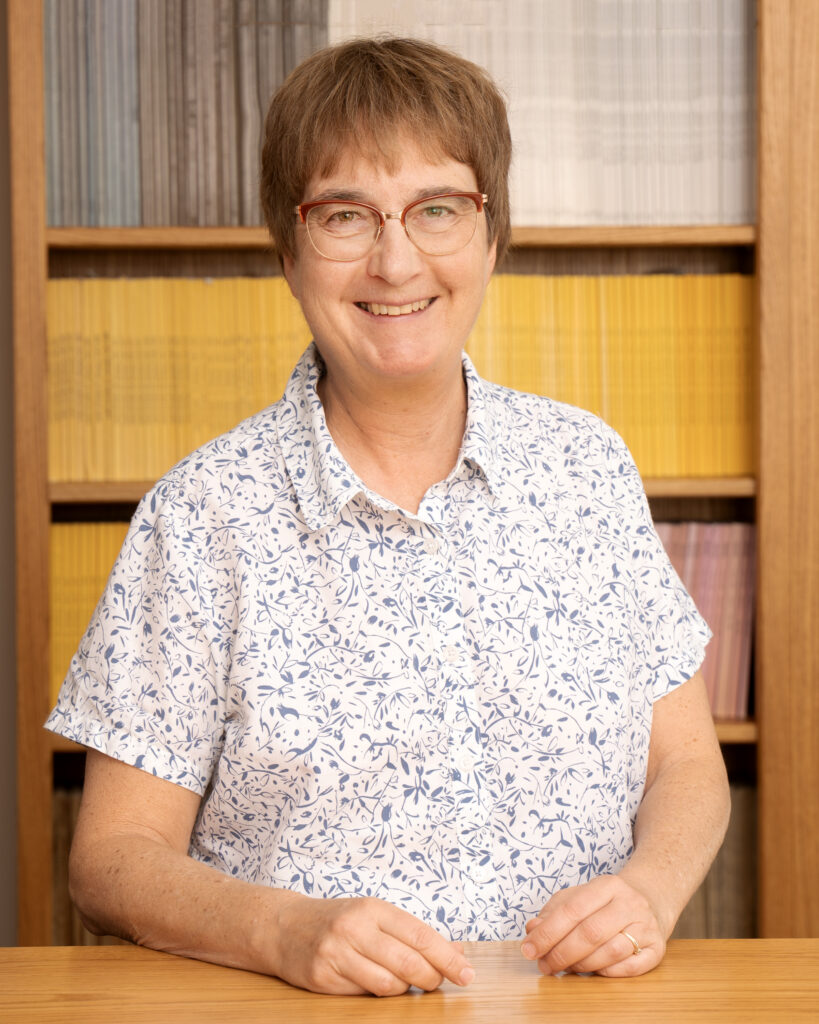“I take ‘American philosophy’ to mean the pragmatist tradition, the homegrown philosophy America has produced. Of course, American philosophers have come in all stripes. And we can find pragmatist philosophers all over the world. But if we’re looking for something distinctive about American philosophy, it is the pragmatist tradition.“
Cheryl Misak
 Cheryl Misak is University Professor and Professor of Philosophy at the University of Toronto, where she previously served as Vice-President and Provost. Her research areas include C.S. Peirce, the historical and contemporary connections between pragmatism and analytic philosophy, and the philosophy of medicine. She’s the author of Verificationism: Its History and Prospects (1995), Truth, Politics, Morality (2000), Truth and the End of Inquiry: A Peircean Account of Truth (1991/2004), The American Pragmatists (2013), Cambridge Pragmatism: From Peirce and James to Ramsey and Wittgenstein, (2016) and (most recently) Frank Ramsey: A Sheer Excess of Powers (2020), as well as several edited volumes and dozens of articles.
Cheryl Misak is University Professor and Professor of Philosophy at the University of Toronto, where she previously served as Vice-President and Provost. Her research areas include C.S. Peirce, the historical and contemporary connections between pragmatism and analytic philosophy, and the philosophy of medicine. She’s the author of Verificationism: Its History and Prospects (1995), Truth, Politics, Morality (2000), Truth and the End of Inquiry: A Peircean Account of Truth (1991/2004), The American Pragmatists (2013), Cambridge Pragmatism: From Peirce and James to Ramsey and Wittgenstein, (2016) and (most recently) Frank Ramsey: A Sheer Excess of Powers (2020), as well as several edited volumes and dozens of articles.
What does American philosophy mean to you?
I take ‘American philosophy’ to mean the pragmatist tradition, the homegrown philosophy America has produced. Of course, American philosophers have come in all stripes. And we can find pragmatist philosophers all over the world. But if we’re looking for something distinctive about American philosophy, it is the pragmatist tradition.
How did you become an American philosopher?
I wouldn’t ever say that I’m an American philosopher (being Canadian). I became interested in pragmatism when I was an undergraduate. One of my teachers, Michael Kubara at the University of Lethbridge, is a serious Peirce scholar. I took a great many courses from him, including some independent studies on Peirce.
How would you describe your current research?
My current research tends to either find pragmatist insights in purportedly non-pragmatist philosophers (right now, I’m working on a book on how pragmatism influenced Oxford Ordinary Language Philosophy) or employs pragmatist insights in the field of, for instance, medicine and law.
What do you do when you’re not doing American philosophy?
I’m into playing a lot of tennis, hiking, swimming, traveling, and spending time with friends and family.
What’s your favorite work in American philosophy? What should we all be reading?
Two of my favorite papers in the pragmatist tradition are C.I. Lewis’s 1923 ‘A Pragmatist Conception of the A Priori’ and Frank Ramsey’s 1929 ‘General Propositions and Causality’. Ramsey was not an American, but a Brit. Another reason for pulling apart American philosophy from pragmatism!